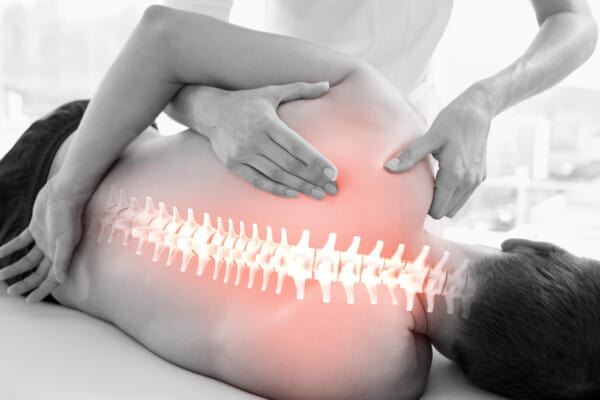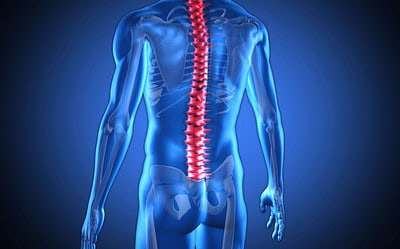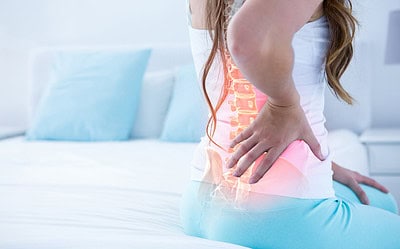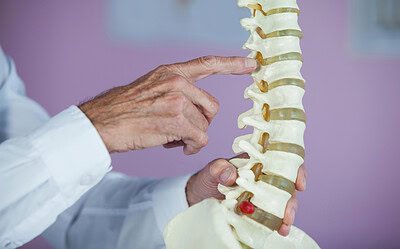This may be an indication of a herniated disc. A herniated disc is when the jelly-like material that acts as a cushion between the bones in your back breaks and starts to press on nerves, causing back pain. In this article, we will discuss some effective herniated disk treatments that may offer you respite from back pain and help you get back to your routine.
What is a herniated disc?

Herniated discs are one of the most common causes of spinal nerve conditions; however, before detailing possible treatment options, it would be prudent to first understand what it means. It consists of several vertebral disks arranged one on top of another, with intervertebral disks acting as shock absorbers between them. On the other hand, when there happens to be a rupture in any of these disks and its gel-like contents leak out into the surrounding areas, they will irritate adjoining nerves, resulting in numbness, tingling, weakness, or pain.
1. Rest and Activity Modification
One of the first steps often taken during herniated disk treatment is to rest and modify activities. This means avoiding activities that worsen the pain so that you can give your spine time to heal naturally. It might also involve days or even weeks of recovery, depending on how serious your condition is and as advised by your doctor.
2. Physical Therapy
There is another alternative to surgery for herniated disks in the form of physical therapy. By enhancing stability and reducing pain, you can be trained by a proficient therapist on how to perform exercises that will make your muscles around the affected area stronger. Furthermore, one could instruct you on correct posture and body mechanics to protect your spine from further damage.
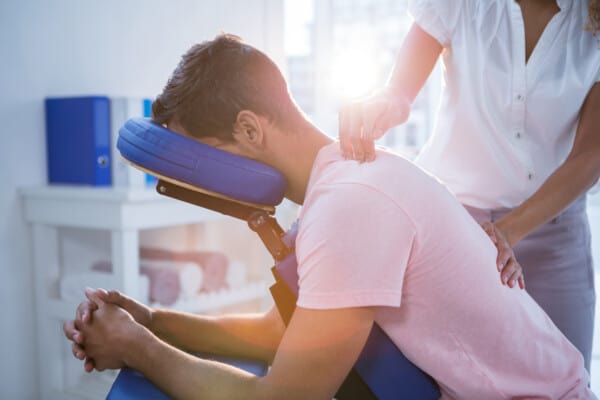
Physiotherapist giving a back massage to a patient in the clinic
3. Pain Medications
Over-the-counter pain medicines like NSAIDs or nonsteroidal anti-inflammatory drugs can sometimes help relieve the pain from herniated discs temporarily. These medicines cut swelling and reduce discomfort. Nevertheless, it is important to talk with your doctor before taking any medication to make sure it is safe and appropriate for you.
Advanced Herniated Disk Treatment Options In Severe Cases
1. Epidural Steroid Injections:
Your physician may recommend epidural steroid injections if conservative treatments fail to bring about sufficient relief of symptoms such as back pain or radiculopathy. Such medications are administered through an injection that boosts inflammatory control in the affected region of the disc, where they act by reducing inflammation and relieving pain. This treatment often results in long-term relief and is frequently employed in more serious conditions.
2. Surgery
If conservative treatments and injections fail, surgical intervention may be necessary in rare cases. There are several surgical interventions for this condition, like spinal fusion and microdiscectomy. These procedures aim at removing the herniated disc or stabilizing the spine to relieve pressure on the nerves.
Conclusion
Suffering from a herniated disk can be extraordinarily painful and disruptive to your daily activities. Nonetheless, you can get over it if you adopt the right herniated disk treatment plan that will enable you to do what you love most. Therapy for herniated disk symptoms is managed in a variety of ways, from conservative measures such as rest, physical therapy, and analgesics to more aggressive ones like epidural steroid injections or surgery. Therefore, consult your healthcare provider for a pain management assessment and about your specific medical condition, and start towards a pain-free life.
FAQ’s
Q1: Can a herniated disk heal on its own?
A: In many cases, a herniated disk can heal on its own with conservative treatments like rest, physical therapy, and pain management. However, it is essential to consult with a healthcare professional for an accurate diagnosis and personalized treatment plan.
Q2: How long does it take to recover from herniated disk surgery?
A: Healing after surgery varies; it depends on your self-care and the post-op type. Recovery lasts from weeks to months and often comes with physical therapy to regain strength in your movements.
Pain Management Near Me – Take Your FREE Pain Assessment Today
Living with chronic pain doesn’t have to be a constant battle. If you’re searching for the best team to help you manage and alleviate your pain, then look no further than Pain Treatment Institute. With 6 convenient locations throughout DFW, we can help you find relief and regain control over your life.


